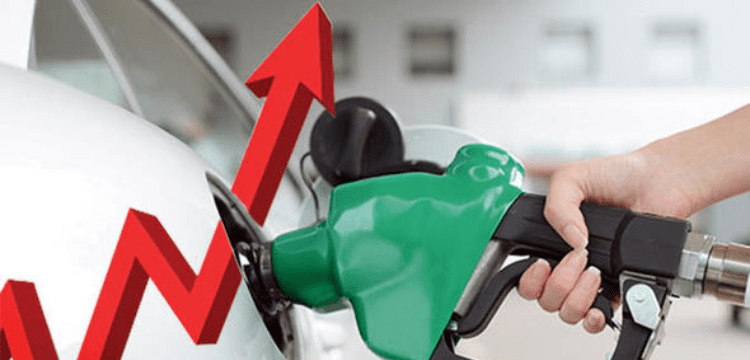[vc_row][vc_column][vc_column_text dp_text_size=”size-4″]ISLAMABAD: The government raised the price of petrol by Rs5 and high-speed diesel (HSD) by Rs13 per litre on Wednesday.
The increased prices will go into effect on March 16th (today).
“Platts Singapore prices have risen in the last two weeks. This, combined with the weakening of the Pakistani rupee, has resulted in a surge in POL products in Pakistan,” according to a statement from the finance ministry.
According to the ministry, fuel will now be available at Rs272 per litre, down from Rs267 per litre previously. Similarly, the government raised the price of HSD by Rs13, from Rs280 to Rs293 per litre.
The price of kerosene oil has risen to Rs2.56 due to a reduction in government dues. It will now be sold at Rs190.29 per litre, up from Rs187.73 per litre previously.
By adjusting the government dues, the price of Light Diesel Oil (LDO) has remained steady. It has remained unchanged at Rs184.68 per litre.
The rupee’s free decline against the dollar has impacted oil users once more. During the first two weeks of March, the rupee fell by Rs15.97 from Rs262.14 to Rs278.97 to the dollar, paving the way for a rise in the price of petroleum goods.
The government presently levies a Rs50 per litre fuel charge on gasoline and HOBC.
Petrol is used in automobiles and motorcycles. Its value has already reached an all-time high.
The price increase of HSD, which is widely used in agriculture and transportation, is projected to have a significant impact on the common man and farmers who use the fuel in tractors.
Meanwhile, in isolated areas of Pakistan where LPG is not available, kerosene oil is utilised for cooking. In the country’s north, the Pakistan Army is a major consumer of fuel.
Also Read: Finance Minister announces Rs 5 decrease in petrol price.
The Oil Companies Advisory Council (OCAC) has vigorously opposed the government’s artificial control of oil prices, which has placed an additional burden on the business due to the failure to recover currency losses.
In order to save the industry, it has previously proposed that the government recover losses in the oil sector’s exchange rate through the inland freight equalisation margin (IFEM).
The OCAC, which includes OMCs and refineries, had warned that the rupee’s abrupt devaluation against the dollar had created a catastrophic situation.
The sector has asked the energy and finance ministries to create a framework for recovering all exchange rate losses.
The OCAC has requested the quick development of a comprehensive mechanism to offset losses through the IFEM.
It also warned that the industry was on the verge of collapsing and urged the government to take immediate steps to assure an uninterrupted supply of petroleum products throughout the country.[/vc_column_text][/vc_column][/vc_row]











